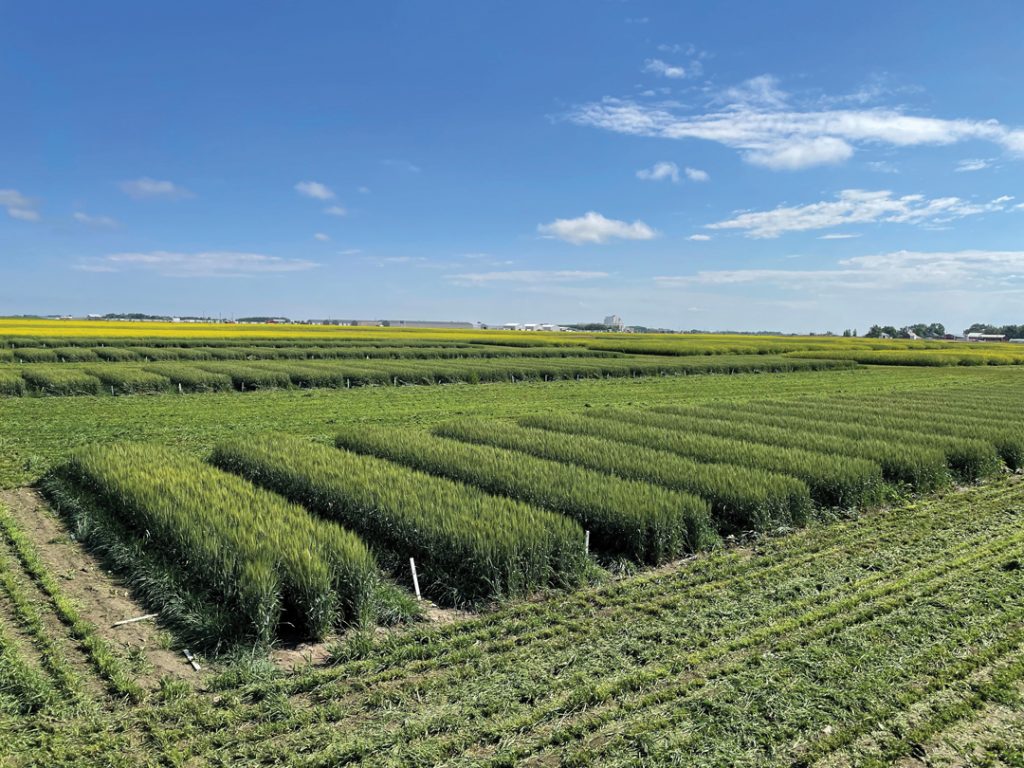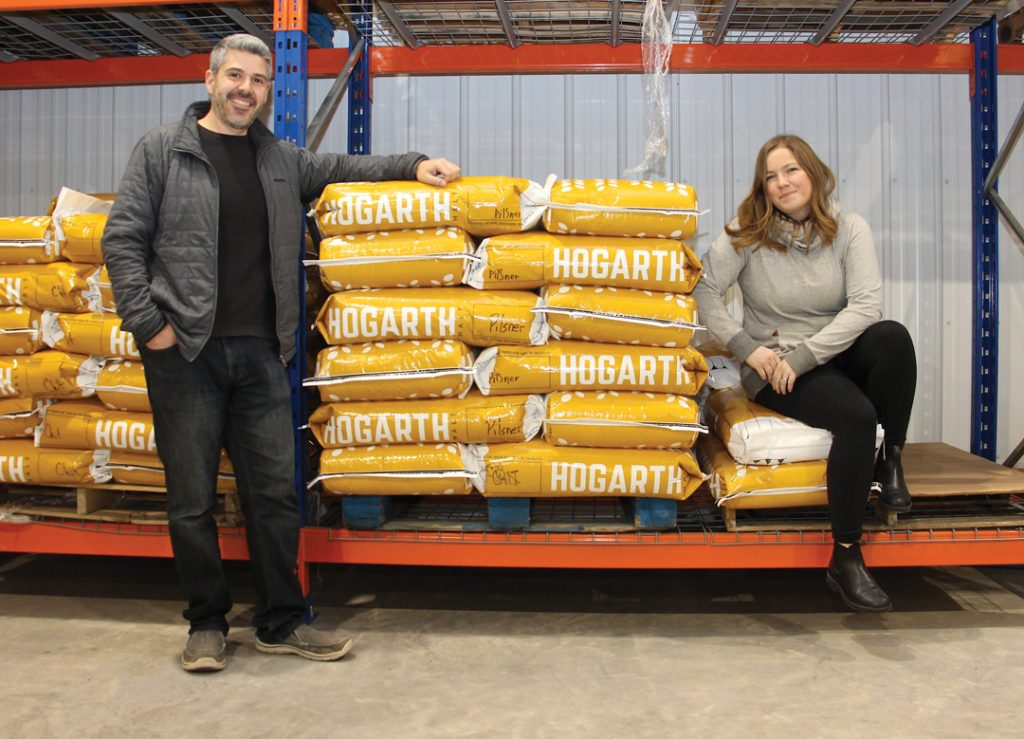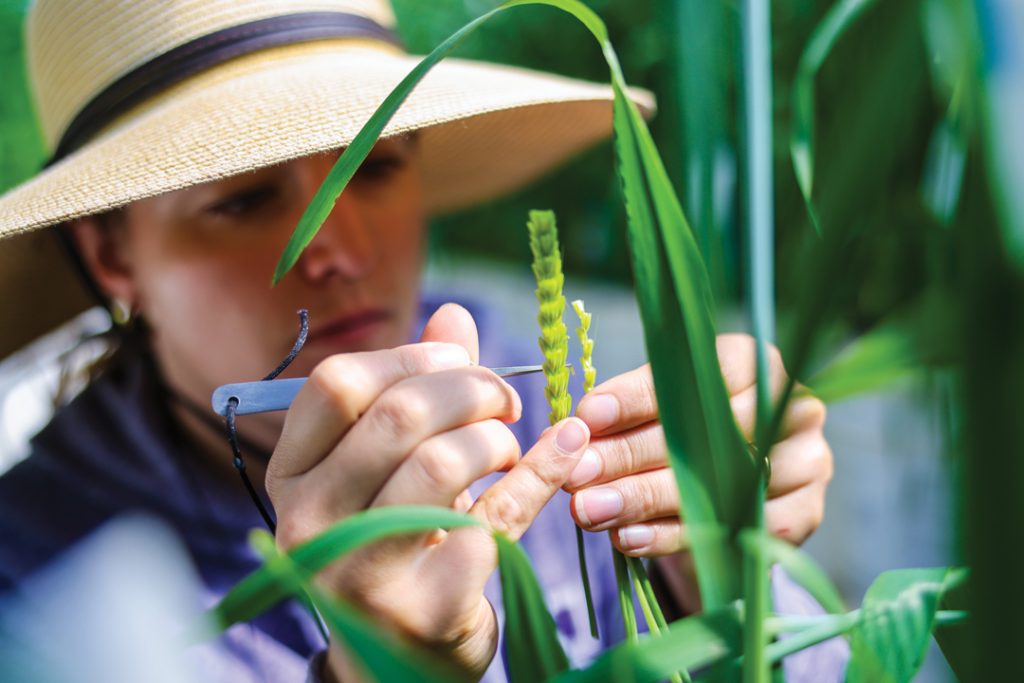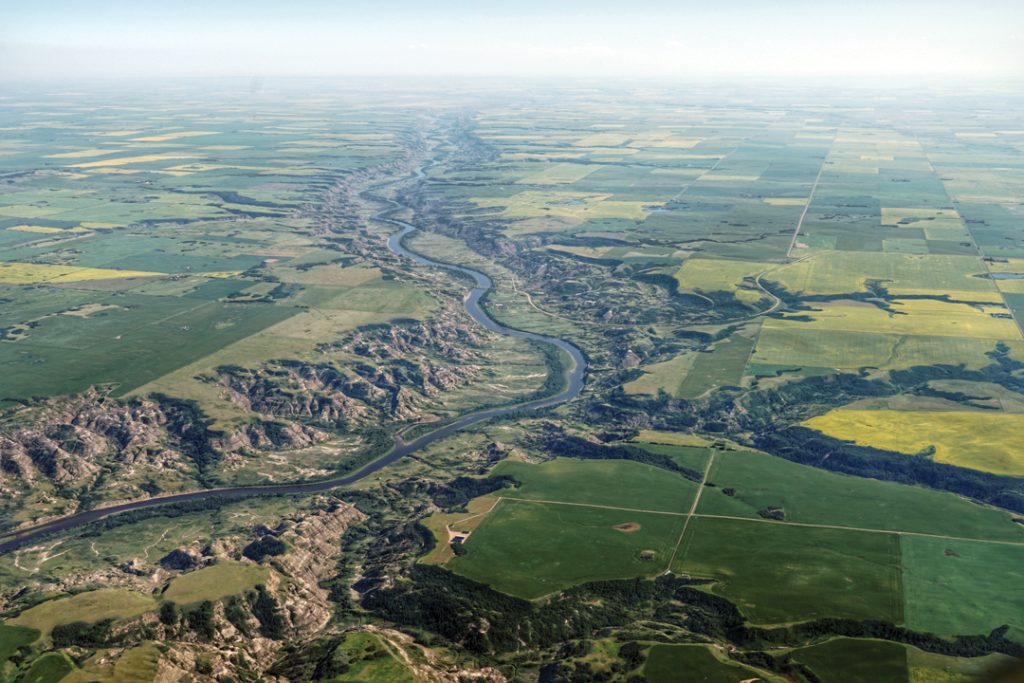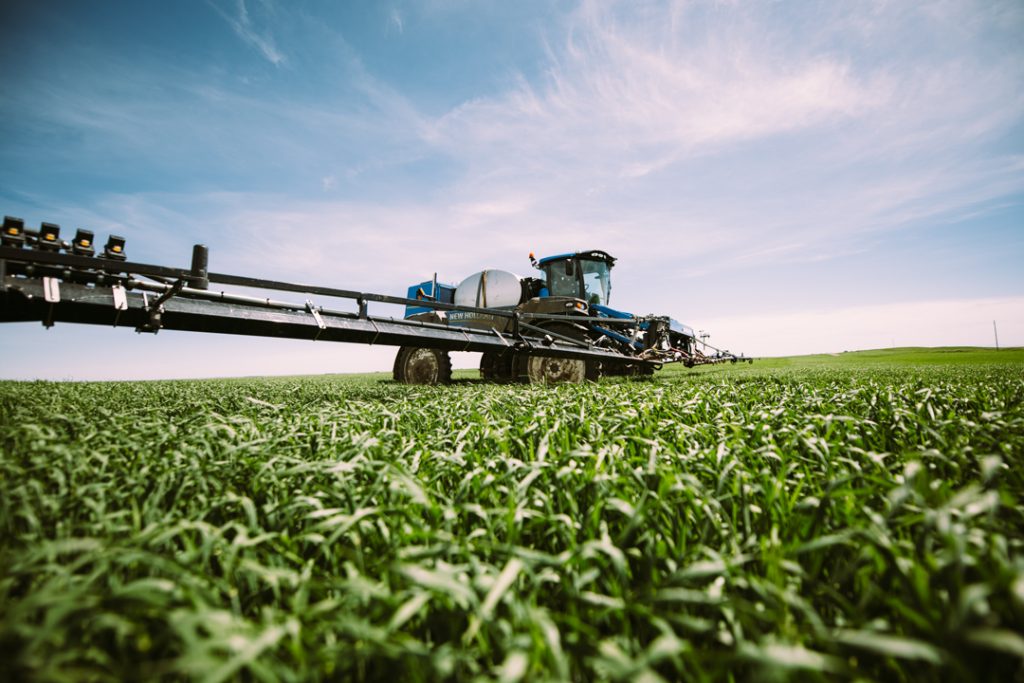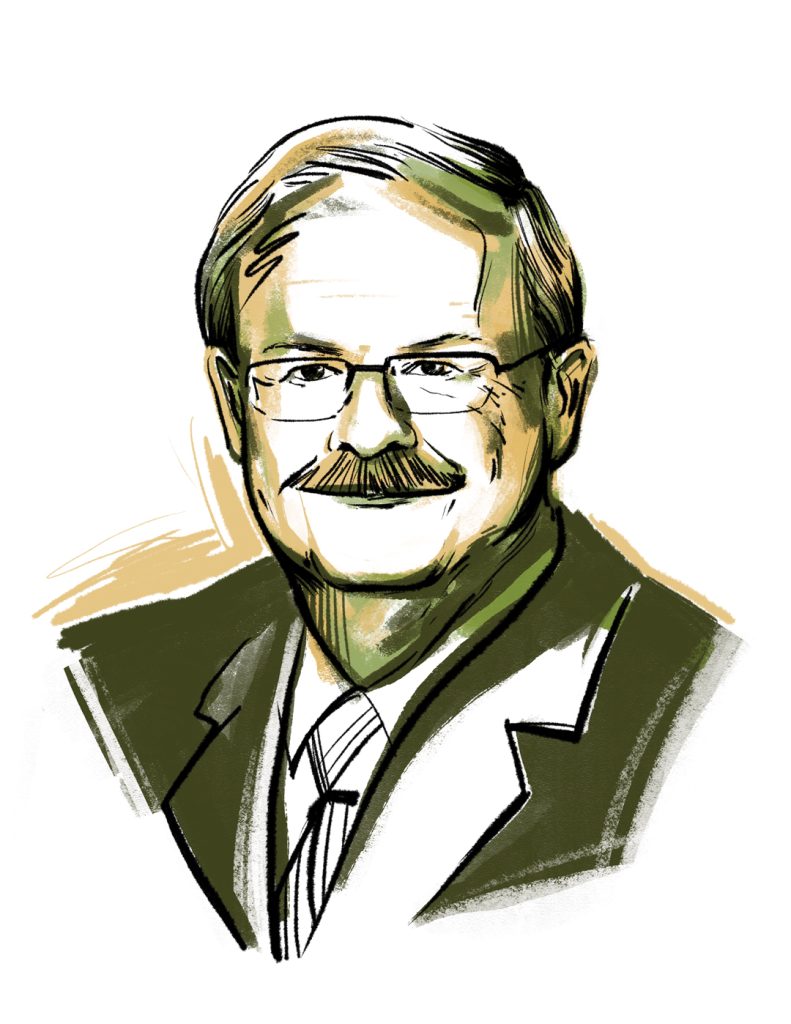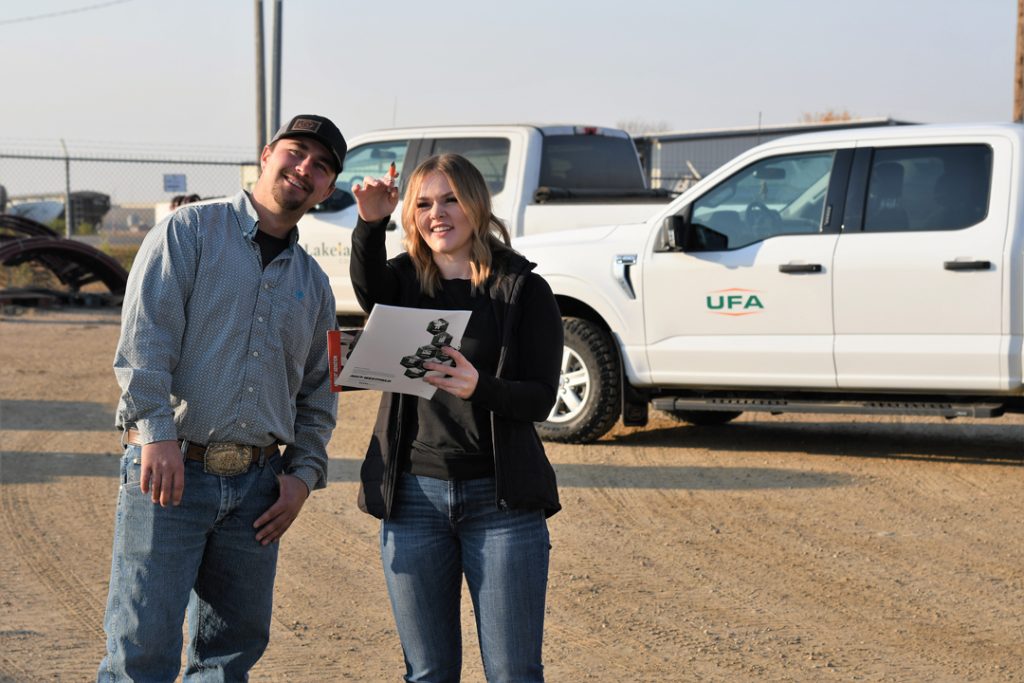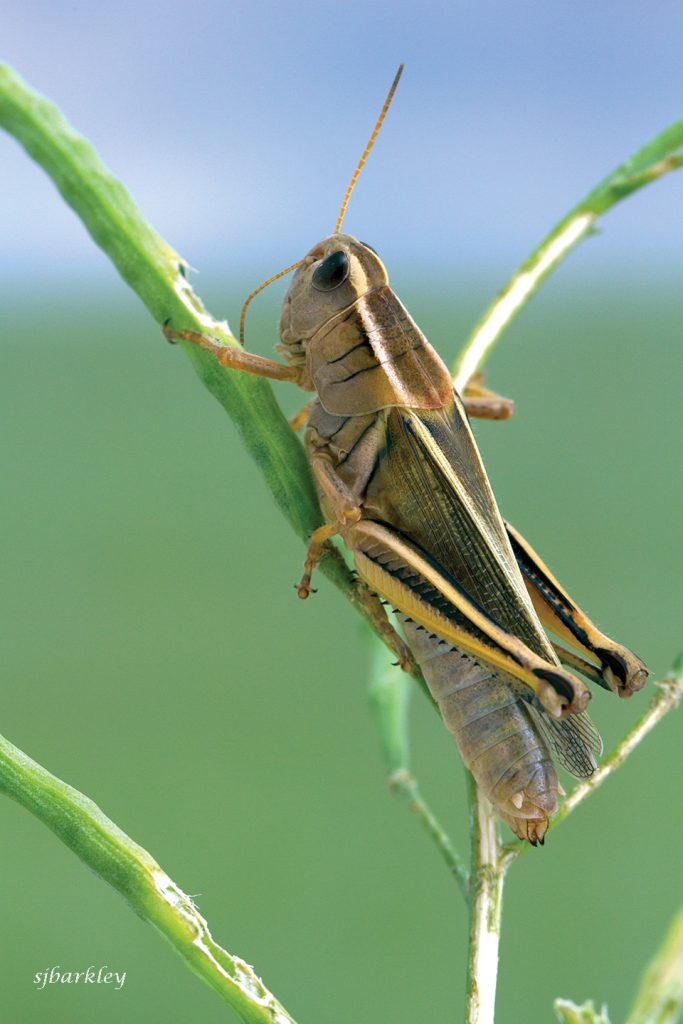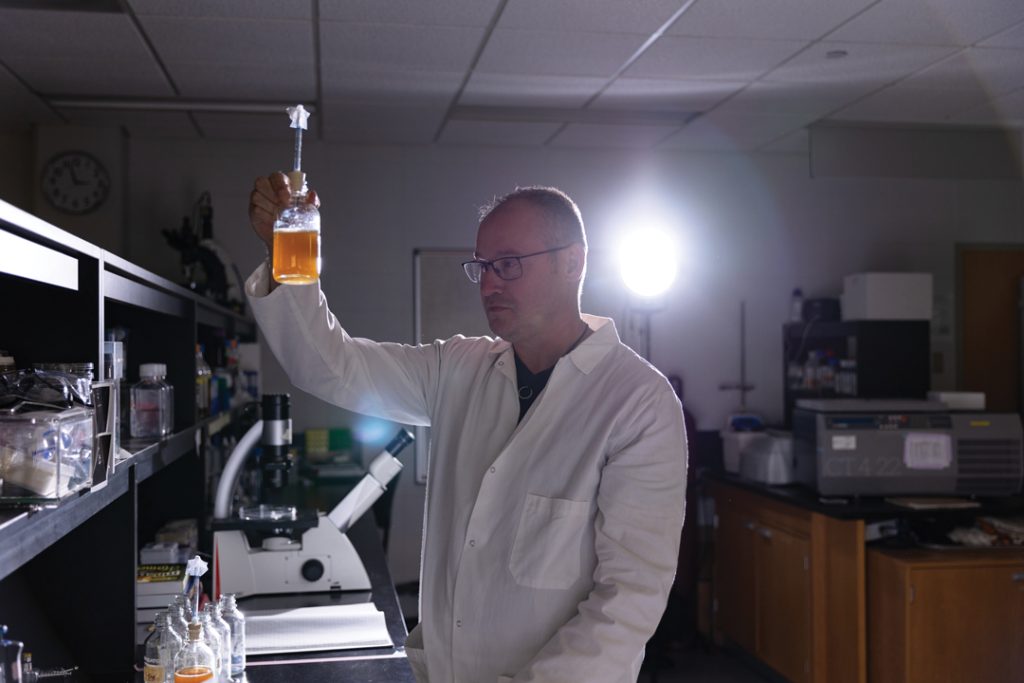4R AWARENESS AND ADOPTION
Greater adoption of the 4R Nutrient Stewardship Framework is central to the federal government’s 30 per cent fertilizer emissions reduction target for Canadian agriculture. According to the most recent 4R Nutrient Use Survey, familiarity and uptake have increased, yet barriers to improvement exist. Ongoing research indicates field practices can effectively curb nitrogen emissions. GrainsWest spoke with industry experts who all emphasized the benefits of 4R principles.





